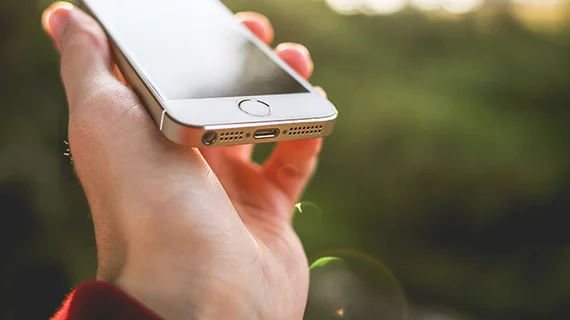Recording visits could cut physician burnout—but policy barriers persist
Recording physicians during patient visits could reducing physician burnout while improving care quality. But polices regulating how to collect, manage and store such information present barriers to utilization, according to an article published May 14 in The BMJ.
According to recent research, one in 10 patients has recorded a doctor visit using a smartphone. Led by Dartmouth Institute researchers Glyn Elwyn, MD, and Paul Barr, PhD, the team of researchers examined digital recording’s potential to improve healthcare while examining its barriers.
"A simple cellphone recording enables a patient to better remember important information or to share it with family members, but 'next-generation' professionally produced recordings can be used to develop and further patient and family engagement, shared decision making, education, and research," Elwyn said.
In their analysis, the researchers noted the potential for recorded visits to be coded, reducing physician burnout as text captured by video can be documented using speech recognition. A reduction of administrative tasks allows physicians to dedicate themselves to patient care, instead of typing in an electronic health record. However, recordings of patient visits will not be a viable option without privacy and security procedures and guidelines.
"We're going to need to create a new model of personal health data ownership, similar to banking records," Elwyn says. "But, even if we did that, there are still implications for privacy and cybersecurity; and the question is do we want to leave that solely in the hands of for-profit companies?"

